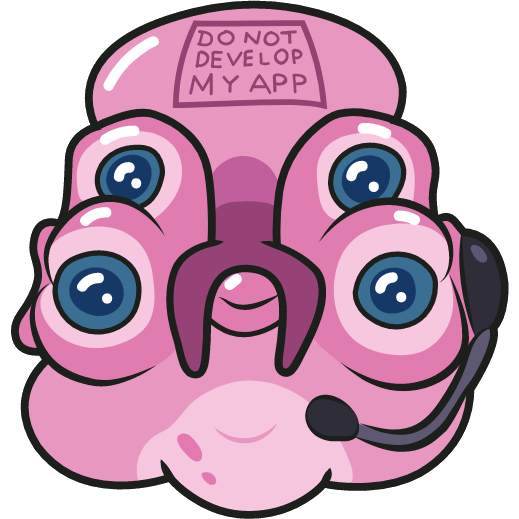Before the 17th century, the word “liberal” didn’t have political connotations. It was first used in the 14th century to describe the liberal arts – the seven disciplines every free-born man should learn:
- Grammar, Logic and Rhetoric – to be able to share their ideas in a competent, consistent, and convincing way.
- Geometry, Arithmetic, Music theory and Astronomy – to let curious minds observe and perceive the world around.
In the Age of Enlightenment, the meaning of “liberal” slightly changed: it became less slavery-related and more about individual rights and freedom from the State.
Liberalism was born as a reaction against hereditary privilege, state religion, absolute monarchy, the divine right of kings, and traditional conservatism – all the things that were enforced onto people without their consent.
The core of liberalism is the idea of personal freedom; it places individuals above the State and considers the State to be merely a tool to serve individuals and, by extension, society.

